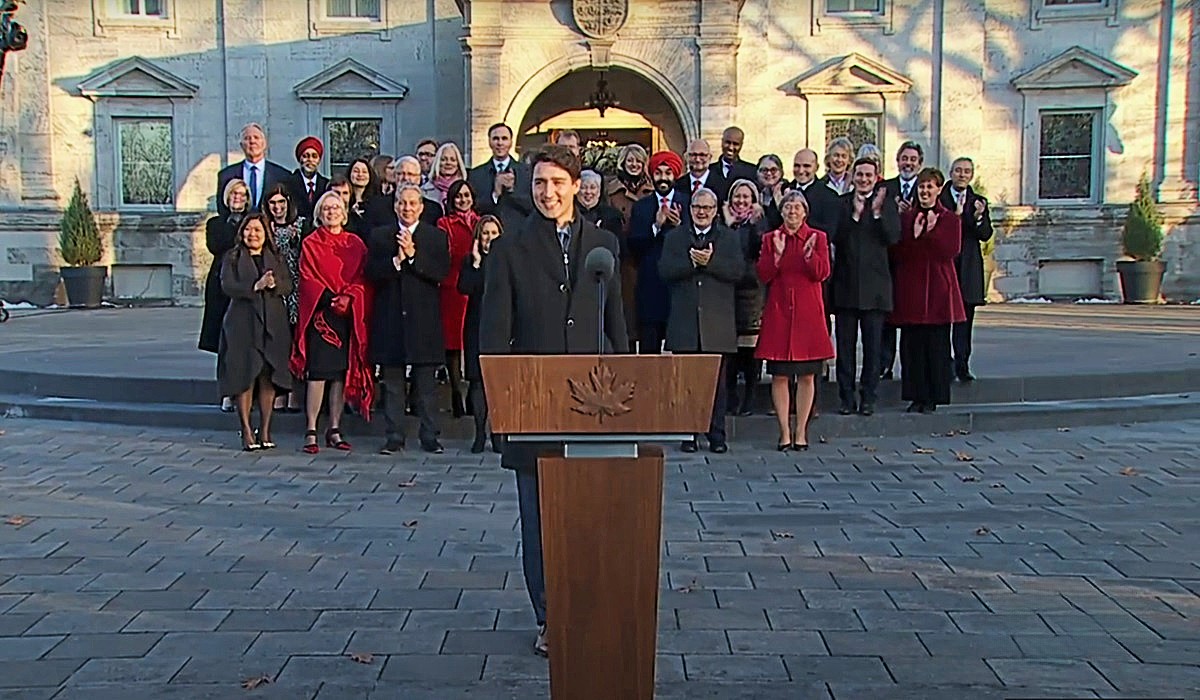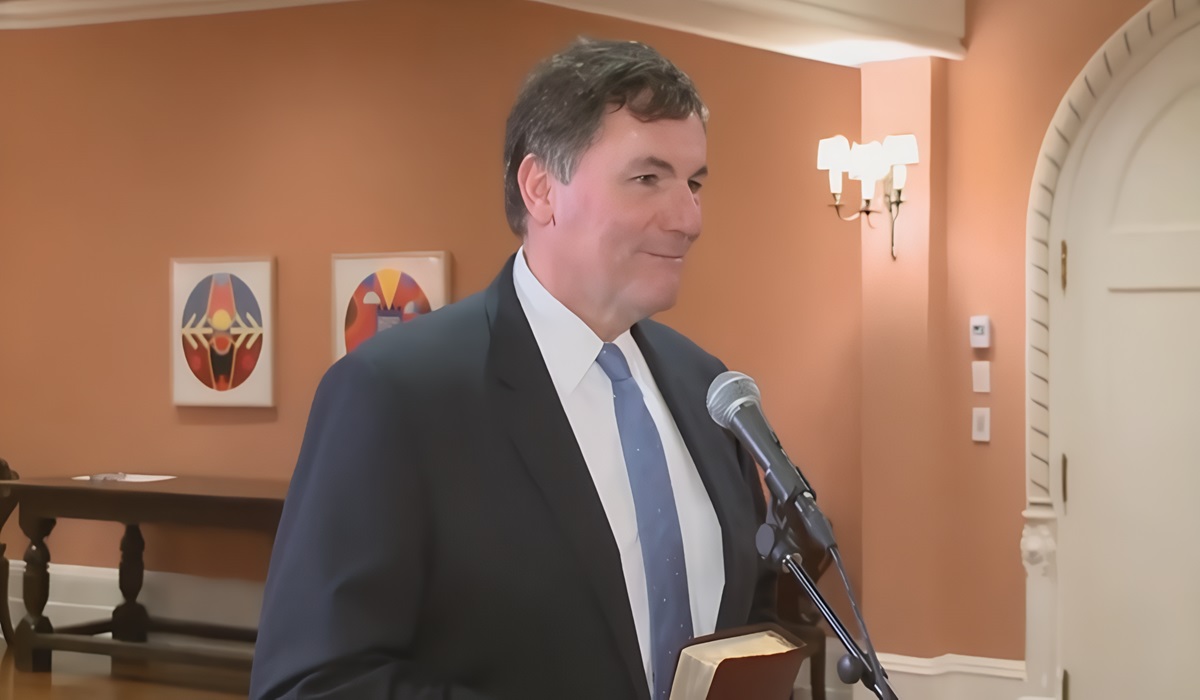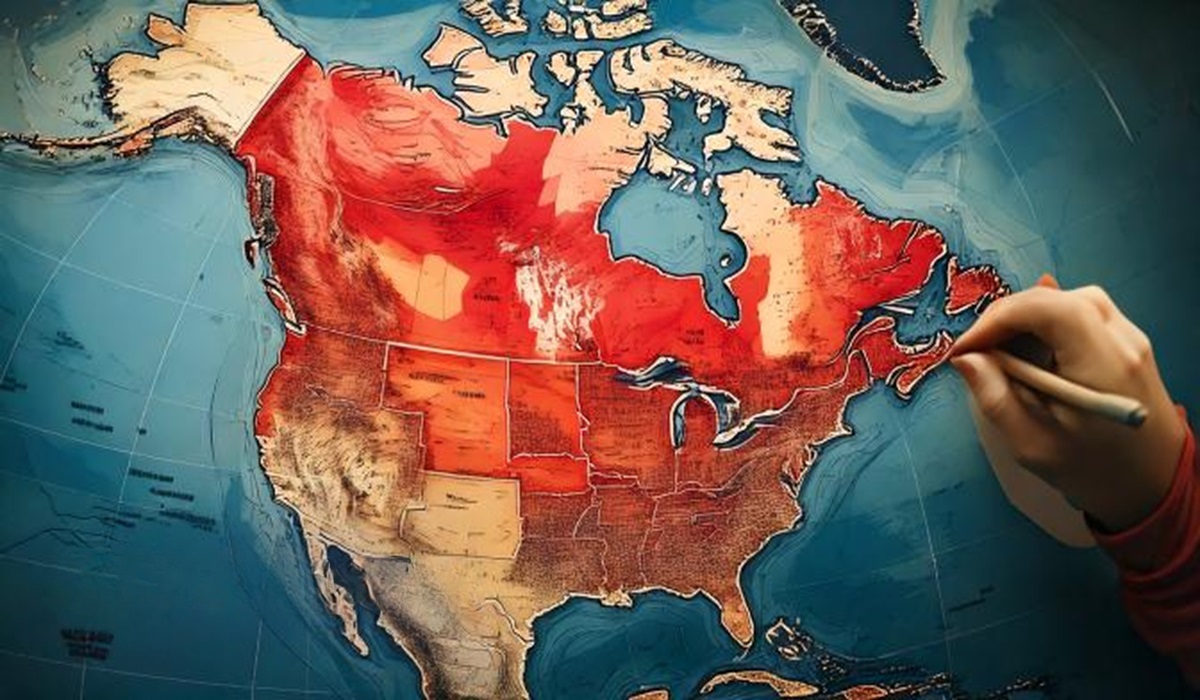Government of Canada Issues Updated Wildfire Season Projections and Preparedness Measures
- Ingrid Jones
- Canada
- May 9, 2024

Image Credit, Chil Vera
As the world observes Emergency Preparedness Week, the Government of Canada underscores its commitment to equipping Canadians with crucial information regarding climate change’s repercussions and their ramifications on daily life. With wildfires evolving into large-scale threats, jeopardizing health, safety, and economic stability, the government aims to fortify its preparedness measures.
Today, Minister Harjit S. Sajjan, alongside Parliamentary Secretary Sherry Romanado, Minister Jonathan Wilkinson, and Minister Steven Guilbeault, convened to disclose the latest assessment of the 2024 wildfire season and federal preparedness efforts.
According to Environment and Climate Change Canada (ECCC), meteorologists foresee weather patterns for spring and summer 2024 conducive to heightened wildfire risks. The agency’s predictions, influenced by climate change and exacerbated by El Niño, signal warmer and drier conditions across most parts of Canada. Drought persists in high-risk areas, particularly the southern regions of the prairies and western provinces, with above-normal temperatures anticipated nationwide, amplifying both natural and human-induced threats.
In response, Minister Sajjan outlined initiatives to bolster response capabilities for the impending wildfire season through the Humanitarian Workforce Program (HWF). This program aims to enhance the readiness of non-governmental organizations (NGOs), including the Canadian Red Cross, St. John Ambulance, The Salvation Army, and the Search and Rescue Volunteer Association of Canada (SARVAC), to swiftly deploy emergency responders and relief supplies, with an initial focus on British Columbia and Northwest Territories. Moreover, Minister Sajjan proposed incorporating Team Rubicon, a veteran-led humanitarian NGO, into the HWF program to augment its rapid response capacity.
Drawing from lessons learned during the 2023 wildfire season, Public Safety Canada collaborates with funded NGOs and provincial/territorial governments to identify needs and devise innovative strategies facilitating rapid resource deployment and emergency response. This collaborative effort encompasses activities aimed at reducing response time and enhancing local planning and training.
To counter the escalating threats, the federal government pledges continued support to provinces and territories in mitigation, response, and monitoring. Notably, Natural Resources Canada (NRCan) earmarked up to $1.2 million for the Canadian Interagency Forest Centre to bolster fire prevention and mitigation capacities, alongside expanding the adoption of FireSmart Canada, a program funded through the Wildfire Resilient Futures Initiative (WRFI).
Health Canada and the Public Health Agency of Canada (PHAC) collaborate with partners to mitigate health risks associated with wildfires, offering guidance on managing air pollution, and smoke, addressing concurrent extreme heat events, and tackling ensuing mental health impacts. Both agencies provide technical expertise, air quality monitoring assistance, and essential medical supplies through the National Emergency Strategic Stockpile (NESS) during evacuations.
Indigenous Services Canada (ISC) commits to supporting First Nations communities’ health, safety, and well-being, allocating $57.2 million over five years to renew and expand the FireSmart program. Additionally, ISC initiates a pilot project in Alberta to fund Emergency Management Coordinators in all 48 communities, prioritizing the incorporation of traditional knowledge into wildfire preparedness strategies.
In a statement, Minister Sajjan emphasized the imperative of collective preparedness, underscoring the government’s commitment to safeguarding the health, safety, and security of Canadians amidst evolving climate challenges. He reassured Canadians of ongoing adaptation efforts and collaborative measures to reinforce the emergency response system.
In conclusion, as Emergency Preparedness Week unfolds, the Government of Canada reiterates its call for proactive engagement from all stakeholders, emphasizing the collective responsibility in averting and managing wildfire crises.








